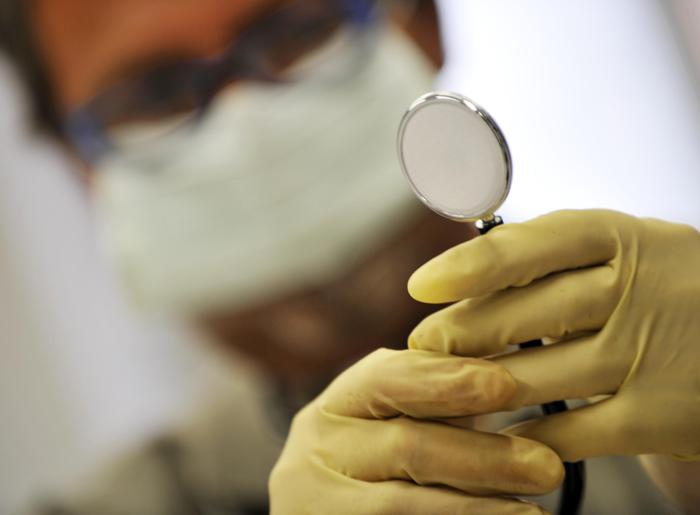‘Save the hospitals’. This is the appeal that 30 scientific societies address to Prime Minister Giorgia Meloni, on the basis of numbers that leave no doubt about the criticality of the situation: the National Health Service lacks 30,000 hospital doctors, 70,000 nurses and about 100,000 beds. In 10 years (2011-2021), in Italy, 125 hospitals have been closed, a good 12%. In 2011 (between public and private) there were 1,120, to decrease to 995 in 2021, with a more marked cut for public structures (84 fewer). In just one year, almost 21,500 beds were eliminated, increased only to face the toughest months of the pandemic: in 2020 they were 257,977, to then drop to 236,481 in 2021. And in just 12 months almost 21,500 beds were eliminated. The right to health, warns Francesco Cognetti, coordinator of the Forum of Scientific Societies of Italian hospital and university clinicians (Fossc), “is in grave danger”.
Doctors first of all: today they are 130,000, 60,000 fewer than Germany and 43,000 fewer than France. We are also witnessing a substantial exodus of new graduate and specialist doctors, more than 1,000 a year, because salaries and working conditions are much better abroad. In particular, in the Emergency Departments, the shortage of staff can be quantified at 4,200 white coats (in six months, from January to July 2022, 600 resigned, about 100 per month). Against this, on the economic side, the forecast of health expenditure on GDP for the period 2023-2026 will already register a return to the value of 6.3% in 2024 compared to an average of 8.8% of the 37 OECD countries and about 10% of France and Germany. For this reason, at the press conference, the representatives of the 30 Scientific Societies gathered in Fossc addressed President Meloni directly to ask for the complete revision of the organizational parameters of the hospitals sanctioned by Ministerial Decree 70.
“We want to make our voice heard. Timely interventions are needed. We address our requests to the premier: more resources to hire staff and ensure better working conditions – says Cognetti -. The crisis in the hospital system, due to the deliberately anti-hospital policies of the previous governments, paradoxically ignored by the Pnrr, is undeniable and has reached critical levels”.
However, the scientific societies underline, “we learned with great interest the intentions of the Prime Minister to want to change the direction and fields of application of the Pnrr and we believe that this would be a unique opportunity for healthcare to employ a large amount of funds”. In fact, they warn, “the 1350 Community Houses envisaged by the Pnrr are not enough to solve health problems, if the central nodes of the deep crisis of hospitals and resources for personnel recruitment are not addressed”. Even the OECD, clinicians and universities recall, has declared itself very concerned about new health crises in countries that invest fewer resources in health care and for Italy it expects an investment of at least 1.4% more than in 2021 GDP , which is equivalent to an annual increase of 25 billion euros. In this situation, the Forum continues, “we believe it is unthinkable to divert staff from hospitals to the territorial structures envisaged by the Pnrr, i.e. community homes or hospitals”.
The recent G7 Health Conference, which was held in Japan, produced a final document in which the commitment to strengthen health systems is relaunched. Even Pope Francis and the President of the Republic have repeatedly declared their deep concern, launching warnings and recommendations to support the public health system. “We hope – conclude the scientific societies – that the government will listen to these warnings and the clinicians who treat citizens in hospitals every day”.
